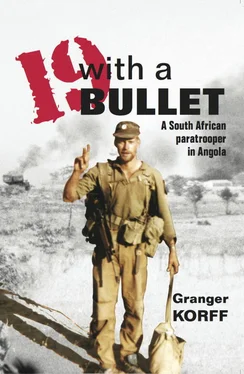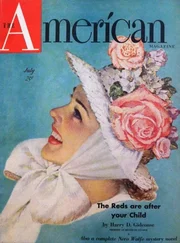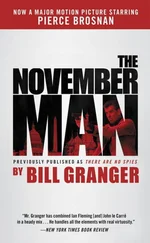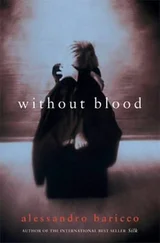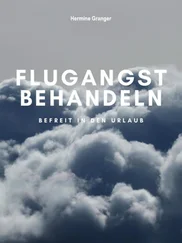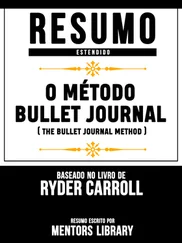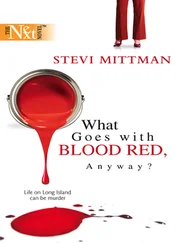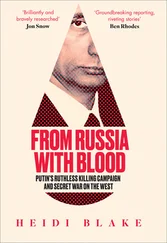John was excited. He was a stocky, neat Englishman with a red English complexion, a pointy nose and sharp, alert blue eyes that never missed a trick, hence the nickname, ‘John the Fox’. John the Fox didn’t have to do military service as he was a British citizen. His father had left England to come and run a large tea plantation in the Tzaneen area. John said he volunteered for service so he could shoot some kaffirs before they took over the country.
“Don’t worry, Gungie—this is where the action is going to be. We are South African paratroopers and we’re the ones who are going to go into Angola and find these kaffirs. We’re going to be attacking their bases in Angola and there’s 40,000 Cubans in the area there now too! You watch, bro—you just wait and see.”
Fox carefully stubbed out his cigarette against the wall, put the butt into his empty Coke can and lit up another. I flicked my butt into the bushes, knowing that the juniors would probably do chicken parade tomorrow and would need some work. John the Fox was right. That was all I wanted to be in the first place—a paratrooper, not a Recce—and this was where the action was going to be.
ONDANGWA
1 Parachute Battalion’s operational base on the border
Broken English—Marianne Faithfull
“There are many more of these out there, men. You’ve done a lot of training, and it’s going to be our job to go in and find Boy and bring them in.”
‘Boy’, I’d learned, was army slang for SWAPO. It had a ring to it.
Our OC looked like a Marabou stalk with his tall frame, stooped over with his hands thrust into his pants pockets and his boot on one of the four dead SWAPO terrorists laid out in front of him. He rocked the terr back and forth a couple of times, then slowly took his boot off the bloodied corpse and rubbed it in the white sand. The four SWAPO had been shot to pieces—they looked small and broken, clad in dirty, blood-soaked Chinese tiger-stripe uniforms that had been pulled around their necks and knees from being dragged. Their faces were caked with blood and white sand; one of them had a bullet hole square between the eyes with a huge exit hole in the back of his head. An execution wound. The other one’s skull had been shot clean off and its contents lay spilled around. By now someone had stuck a Marlboro cigarette between his lips and so he lay there, brainless, smoking a cigarette.
They looked thin and miserable, I thought to myself as I inspected the four cadres, before quickly changing my mind when I looked over to the pile of weapons lying in the sand nearby. Their arsenal included an RPG rocket launcher, an RPD machine gun and a couple of AK-47s. No; this bunch was definitely not out for a walk in the park. On their feet they all had worn black ankle-high boots with chevronpattern treads on the soles. I had listened to many an instructor during training telling us that the distinctive chevron-pattern spoor left in the soft border sand would be our key to following up and making contact with SWAPO.
D Company had finally arrived on the Angolan/South West African border. The Operational Area. We had started out as not much more than a group of school kids. For one solid year we had been drilled, trained, hammered, moulded, taught, kicked and forged into to a company of tough, fighting paratroopers. We had learned to live close to each other like brothers, to work as a team, to push ourselves and our minds way past the point of quitting and into a newfound mental no-man’s-land. Most other infantry units were on the border after only six months of training. But then they were not going to be used as we were. We were going to be the tip of the spear in the fight against the common enemy. Well, at least that’s what they told us. We had arrived in the operational area on the Angolan border only three hours ago for our first ‘bush trip’ as an operational paratroop company; we had come to relieve E Company, the senior company who had done their time and were now going back to South Africa to klaar out, sign out. We had disembarked from the C-130 and carried our heavy kit across the concrete runway, past the helicopter pads and 100 metres into a square of dusty brown four-man tents that housed a company and was to be our home base for the next four months in the operational area. This was the ‘Fireforce’, or reaction force base where a Parabat valk {paratrooper platoon, lit. falcon (Afrikaans)} was always on standby to react to any contact made with the enemy within a couple of hundred kilometres or so and all the way to the Angolan border 130 kilometres away. The seniors came out of their tents to give the new troops stare-downs and to jeer as we walked into the tent square and leaned our kit against the canteen wall. We were going to spend the night under the stars until E Company flew out the following day.
No sooner had we put our kit down and bought a cold Coke at the canteen than a siren high on a pole next to the operations room slowly started to whine and then hold its pitch at a loud howl for a full minute.
“What the hell’s going on?”
The seniors reacted immediately. They dropped their darts, suntan lotion and pool cues and raced to their tents, from which they quickly emerged, some still shirtless, carrying their R4 rifles and fumbling with their light webbing and Fireforce vests as they charged across the tent square to where the two Puma helicopters stood 100 metres away, turbines already whining. We watched in stunned silence as the Pumas lifted off after each other with our guys still dressing and shuffling about in the doorways. Just then two Alouette gunship choppers lifted off close by like dragonflies and disappeared after them with their long 20mm cannons poking out the side doors.
“Fucking hell!” exclaimed John Delaney as he came trotting around the canteen. “Did you see those okes sprinting to the choppers? They’re going into a contact. That’s what Fireforce is all about!”
John was right. Two hours later the Pumas returned; the seniors unloaded the shattered bodies of the SWAPO cadres and pulled them into the tent square to show us greenhorn juniors how it was done. If they were trying to impress us they succeeded; we were all respectfully silent as we watched them hang up their rifles and webbing and go casually back to their dart and pool games as though killing SWAPO was just another day’s work.
“Hey, Gungie, they said these gooks were part of a bigger group spotted near the base. These four were walking casually along, close to the main road.”
“I wonder why they were doing that?”
“Because they’re stupid, like I said,” exclaimed John Delaney. “They get orders to mix with the local population when they get this far into South West Africa. These guys tried to mingle but forgot to take their uniforms off.”
“How the hell do you know so much on your first day with the A team?” Stander quizzed Delaney.
“I spoke to one of the E Company guys—he says you don’t usually find them this deep and this close to Ondangwa, and these four are just part of a bigger group who have probably already dressed in civvy clothes and stashed their weapons, waiting for the ‘call’.”
“Oh, so they started the offensive when they heard that D Company had arrived?” I quipped.
Commandant James Lindsay was the CO of the 1 Para companies in the operational area. He was nothing like Commandant Archie Moore, who had been our CO back at 1 Para in Bloemfontein, who had a reputation, true or false, of being a bit of a playboy and a glamour boy. Lindsay wanted nothing to do with Civvy Street. He loved to stay in the bush and make war. We knew, because he told us this himself. He had been involved in the Angolan conflict right from the start in 1975 when the Portuguese, after 400 years of control and 16 years of civil war, had finally pulled out of Angola.
Читать дальше
